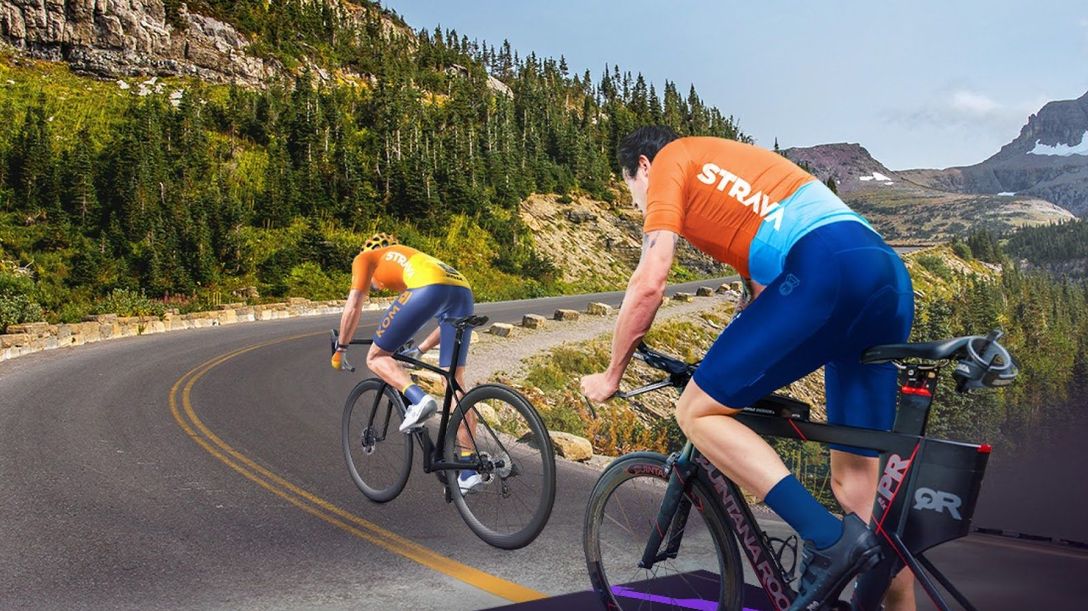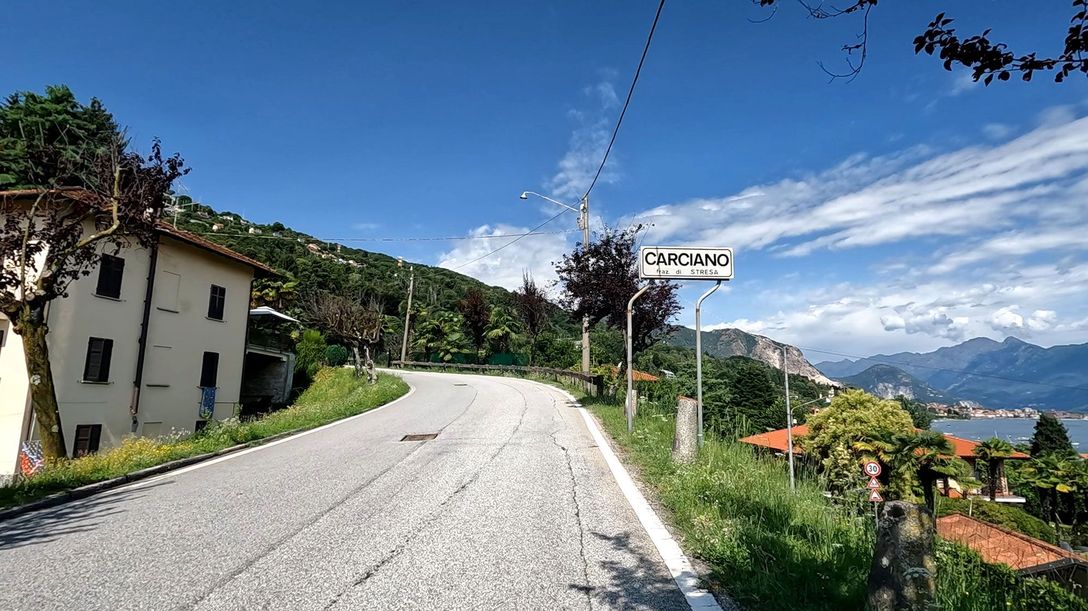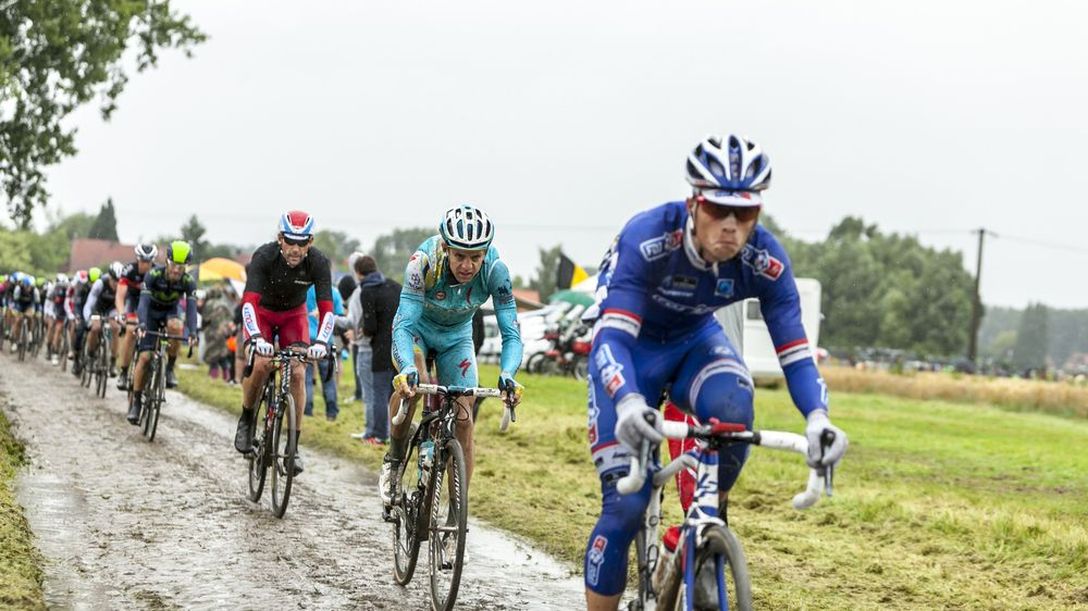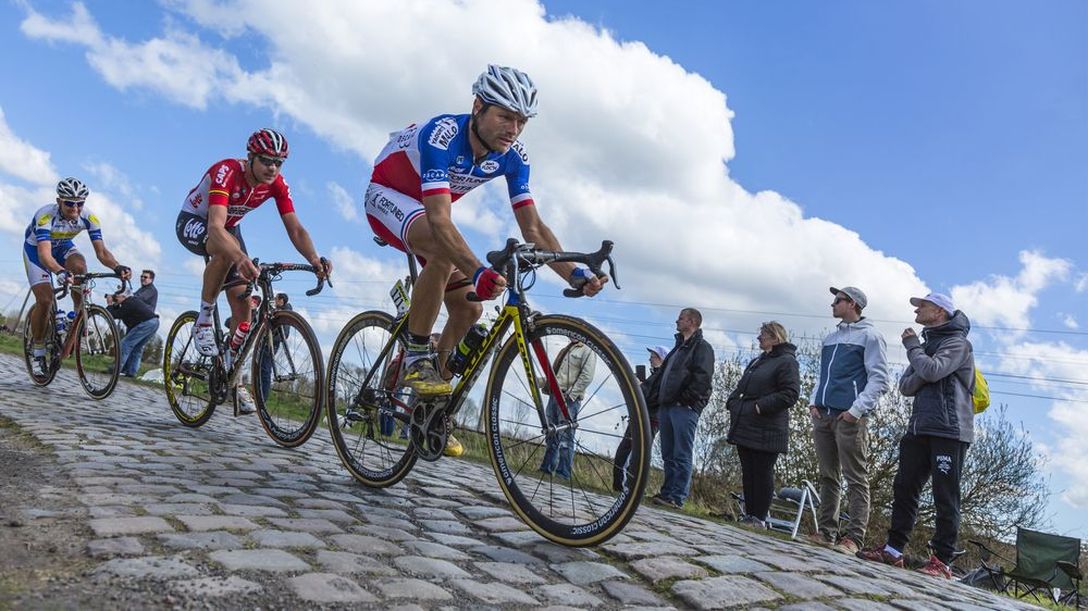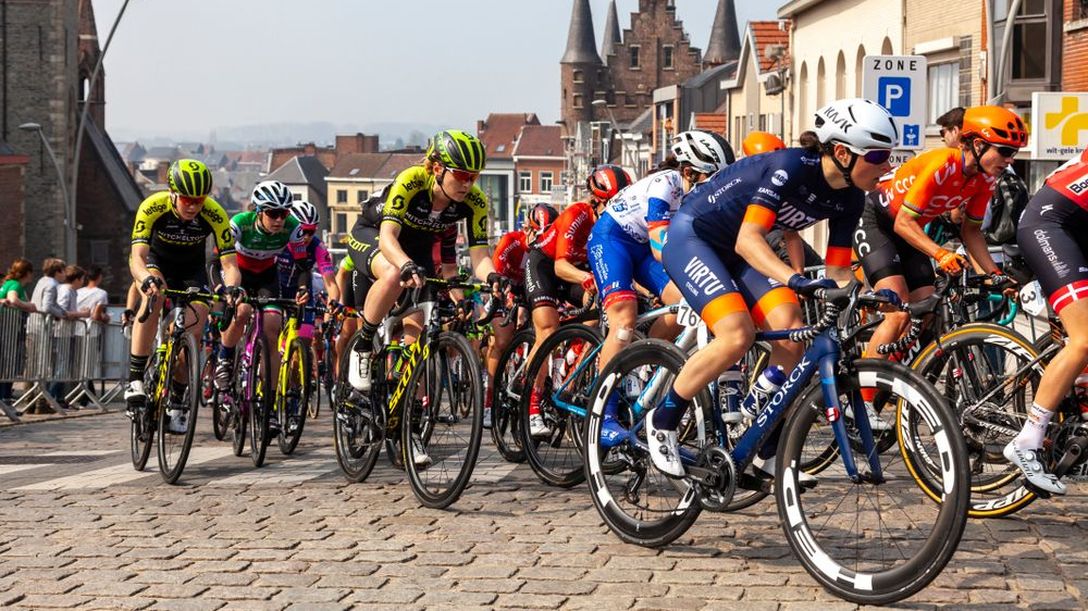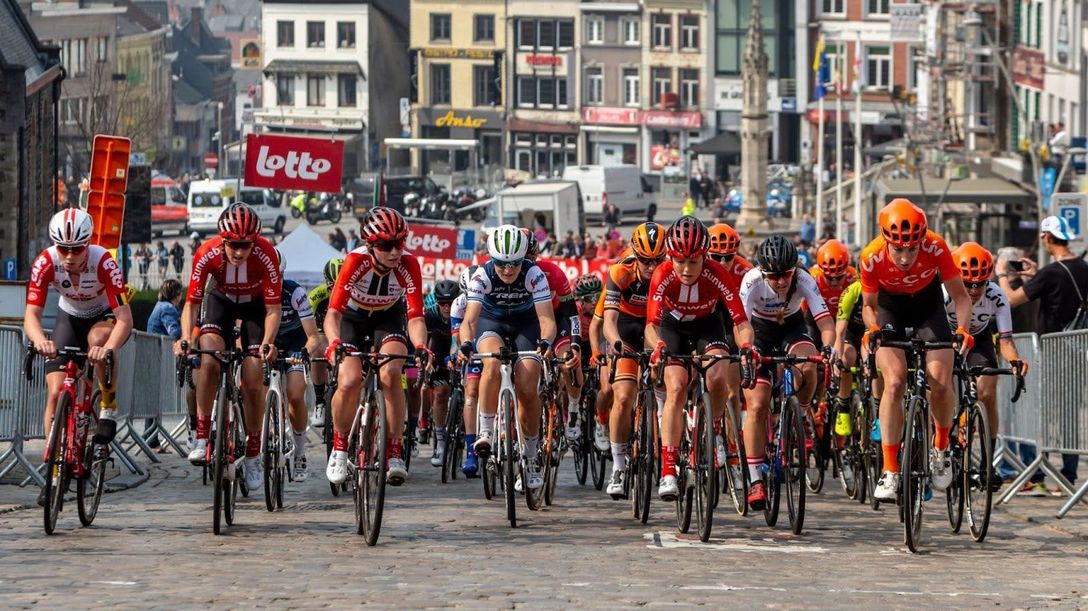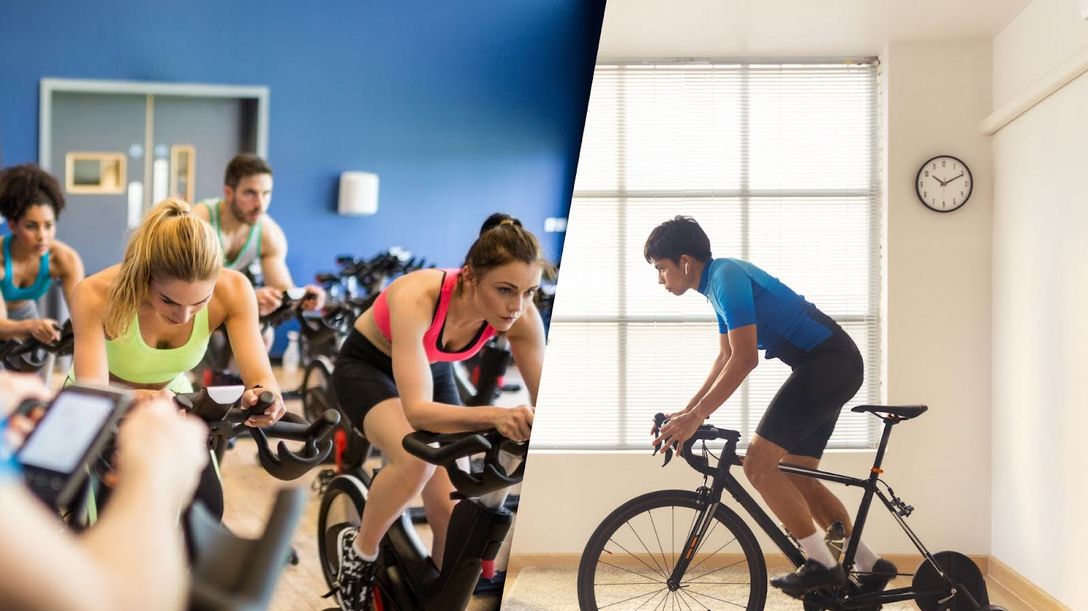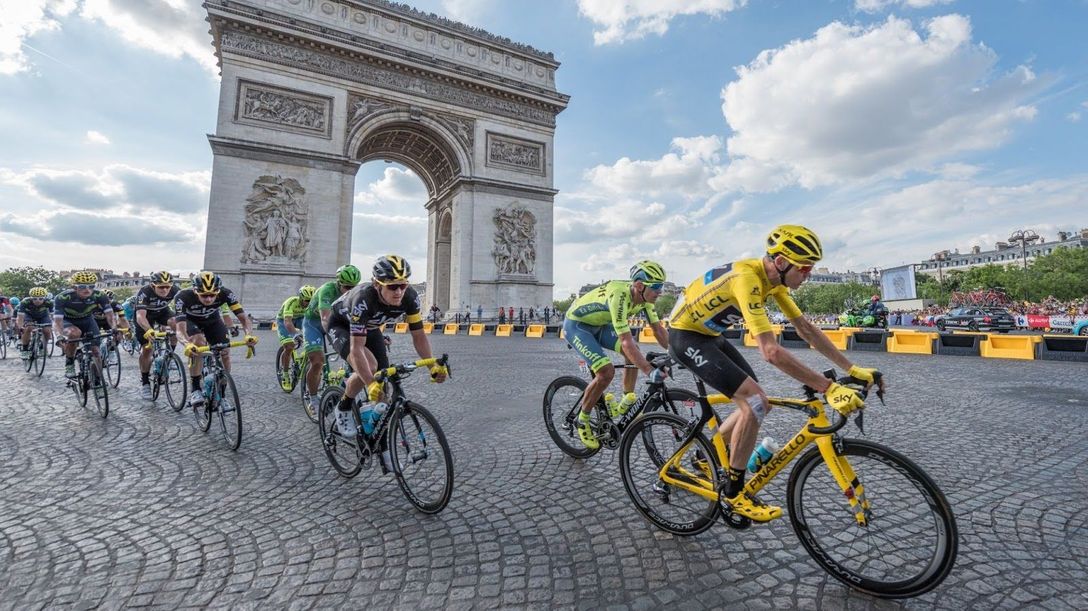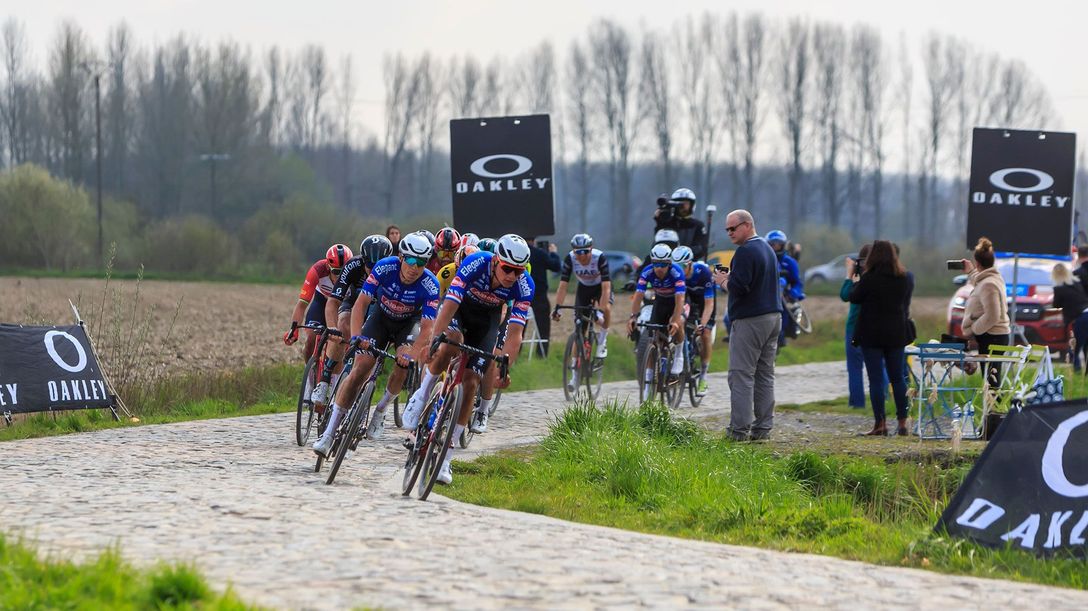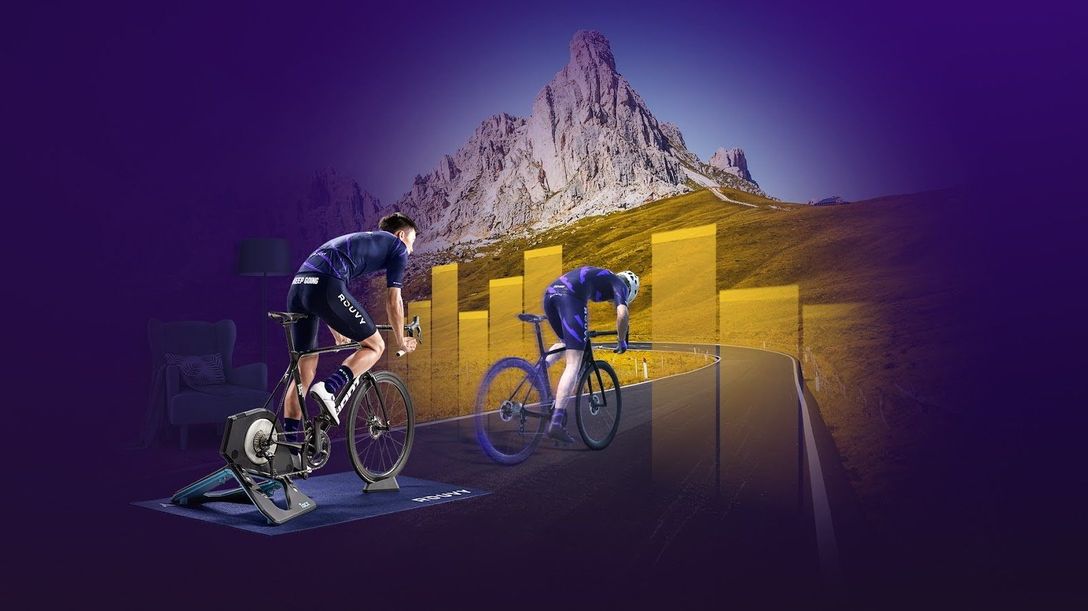3/11/2024 – Lauren Wolff
Antonio Pompilio, AKA Mamiky—a conversation with an expert community content creator
Meet Antonio Pompilio as we take a closer look at his passions: video creation and his exciting and competitive virtual cycling events. His favourite motto, which he goes by, is: "Innovation, evolution and improvement can only be achieved if you dare to go further and, from possible mistakes, all you have to do is learn from them."
